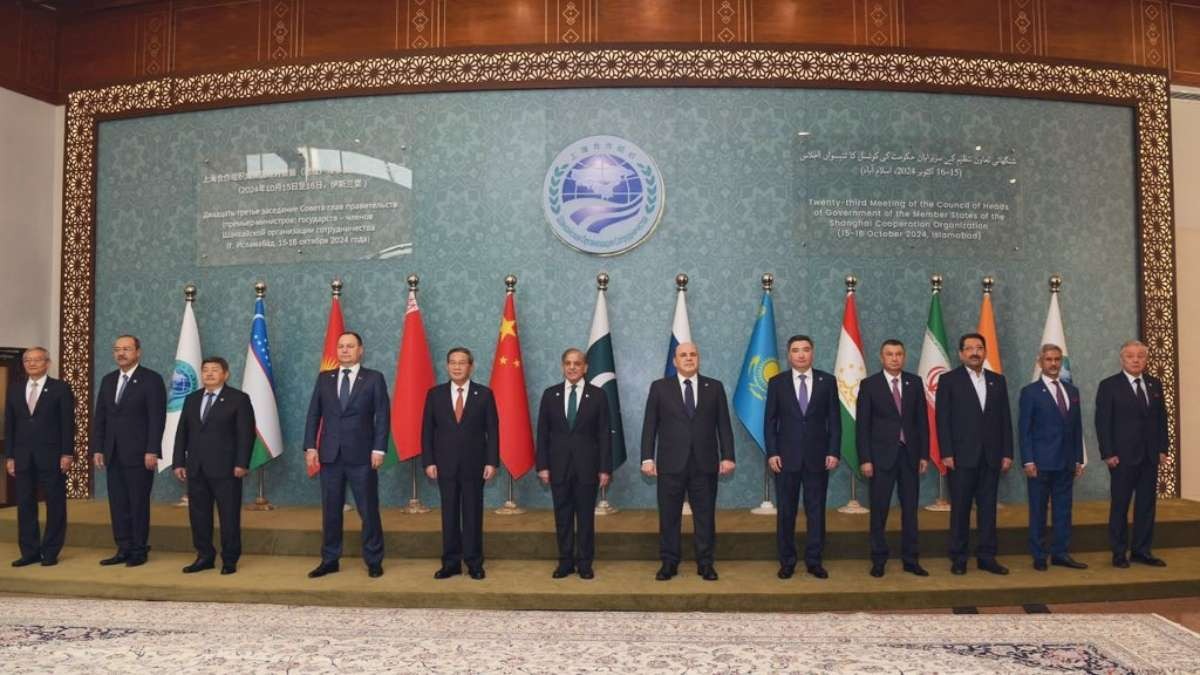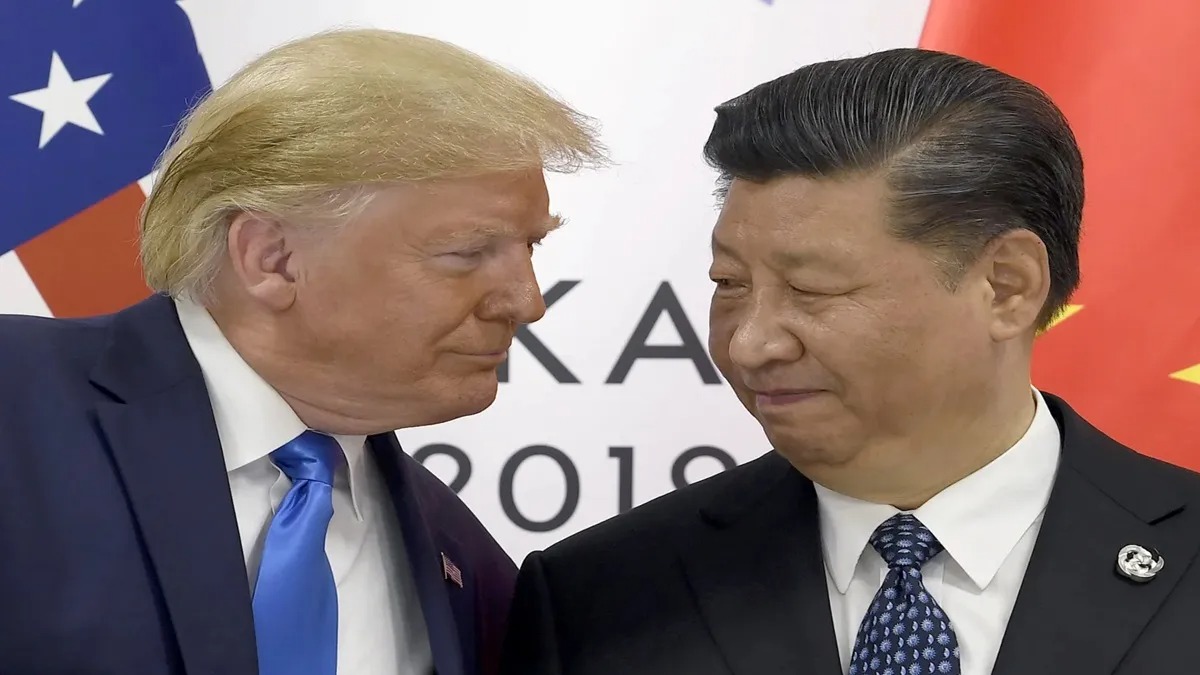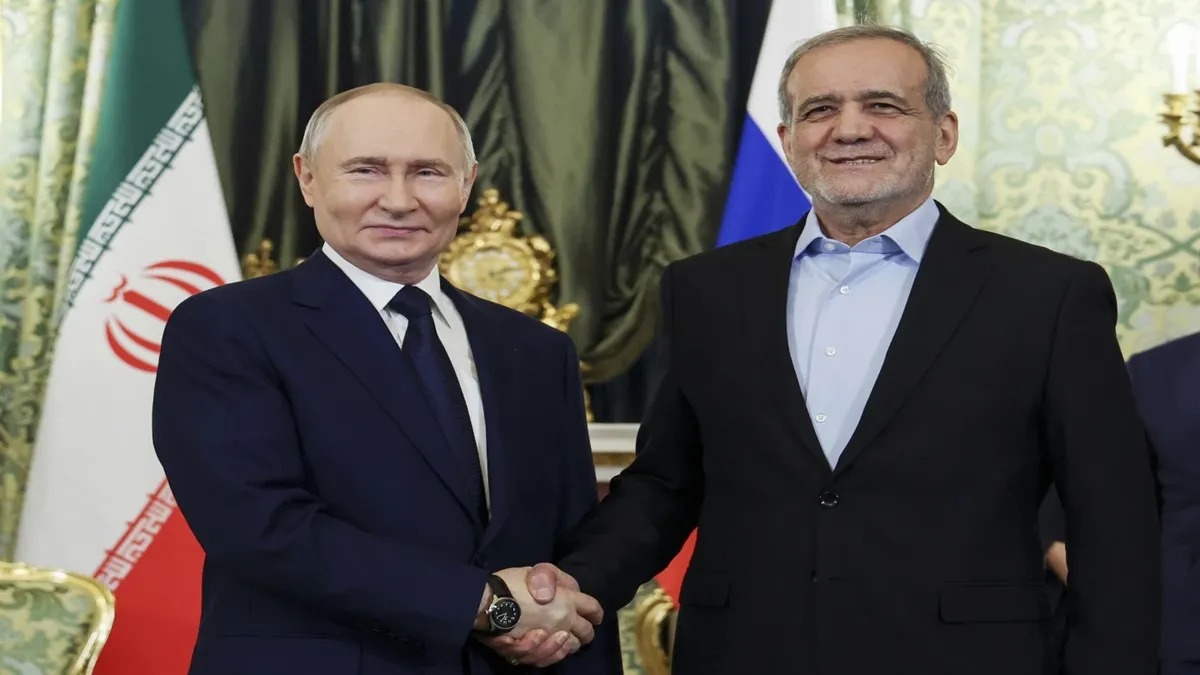
International: External Affairs Minister S Jaishankar addressed the high-level Shanghai Cooperation Organisation (SCO) Summit hosted by Pakistan today, where he discussed India's initiatives and contributions to the SCO's agenda, underscoring the need for a collective approach to ensure peace and development. Jaishankar also asserted that cooperation should be based on mutual respect and sovereign equality that should recognise territorial integrity and sovereignty, in an apparent dig at Pakistan.
In his opening remarks, Jaishankar congratulated Pakistan for its presidency of the SCO Council of Heads of Government and said India had extended its full support for a successful presidency. "We meet at a difficult time in world affairs. Two major conflicts are underway, each with its own global repercussions," he said, laying out key global issues for the SCO to focus on like debt, financial volatility and supply chain uncertainties.
It is important to mention that Jaishankar's visit to Islamabad is a moment of immense significance in the relations between India and Pakistan, which remained tense over the Kashmir issue and cross-border terrorism emanating from Pakistan. This is the first visit by an Indian EAM in nine years after Sushma Swaraj visited Islamabad in 2015.
Key highlights of Jaishankar's SCO address
Terrorism, separatism and extremism as key challenges
The Indian minister stressed the importance of strengthening mutual trust, friendship and good neighbourliness to respond to global challenges. "It is to develop multi-faceted cooperation, especially of a regional nature. It is to be a positive force in terms of balanced growth, integration and conflict prevention," he said.
"The (SCO) Charter was equally clear what the key challenges were. And these were primarily three, that the SCO was committed to combatting: one, terrorism; two, separatism; and three, extremism," he added.
'If good neighbourliness is missing...'
Jaishankar's address took a philosophical turn as he spoke on the lack of trust and good neighbourliness between member states. "It is, therefore, essential that we have an honest conversation. If trust is lacking or cooperation inadequate, if friendship has fallen short and good neighbourliness is missing somewhere, there are surely reasons to introspect and causes to address," he said.
"We all realize that the world is moving towards multi-polarity. Globalisation and rebalancing are realities that cannot be denied. Cumulatively, they have created many new opportunities in terms of trade, investment, connectivity, energy flows and other forms of collaboration. There is no question that our region would benefit immensely if we take this forward," he added.
Jaishankar's veiled dig at Pakistan over territorial integrity
In a veiled attack on Pakistan, Jaishankar said cooperation must be based on mutual respect and sovereign equality that should recognise territorial integrity and sovereignty. "It must be built on genuine partnerships, not unilateral agendas. It cannot progress if we cherry-pick global practices, especially of trade and transit," he said.
"Aas the Charter spelt out, this means being firm and uncompromising in countering the ‘three evils’. If activities across borders are characterized by terrorism, extremism and separatism, they are hardly likely to encourage trade, energy flows, connectivity and people-to-people exchanges in parallel," he added.
Focus on labour markets, investment flows
Laying out some possibilities of SCO cooperation, Jaishankar said, "Industrial cooperation can enhance competitiveness and expand labour markets. MSME collaboration has positive implications for employment. Our collective endeavours can expand resources and encourage investment flows. Business communities will profit through larger networks."
"Collaborative connectivity can create new efficiencies. The world of logistics, as indeed of energy, could undergo a sea change. Environmental protection and climate action are ready domains for mutually beneficial exchanges. The treatment of infectious and non-infectious diseases will benefit from accessible and affordable pharmaceutical capabilities. Whether it is health, food or energy security, we are all clearly better off working together," he further said.
Jaishankar highlights Indian initiatives
"From an Indian perspective, our own global initiatives and national endeavours are also strongly relevant for the SCO. The International Solar Alliance promotes renewable energy. The Coalition for Disaster Resilient Infrastructure prepares us for climate events. Mission LiFE advocates a sustainable life-style," Jaishankar said further in his remarks at the summit.
Practicing Yoga and promoting millets make a difference to wellness and to environment. The Global Biofuel Alliance recognizes the task of energy transition. The International Big Cat Alliance protects our bio-diversity. At home, we have demonstrated the value of digital public infrastructure, just as we have shown the impact of women-led development," the EAM said.
Jaishankar on UN Security Council reform
The Indian EAM once again raised the long-standing issue of reform in the UN Security Council. "While we each make our contribution, the world order is more than the sum of its parts. As it changes, global institutions do need to keep pace. That is why the case for ‘reformed multilateralism’ gets stronger by the day. Comprehensive reform of the UN Security Council, both in the permanent and non-permanent categories, is essential," he asserted.
Recalling the 'Pact of the Future' adopted at the recent UN General Assembly Session, Jaishankar said world leaders had greed to reform the Security Council, to make it more representative, inclusive, transparent, efficient, effective, democratic and accountable. The SCO must be in the lead of advocating such change, not hold back on a matter of such importance, he added.
--Advertisement--

 Desk
Desk Share
Share






